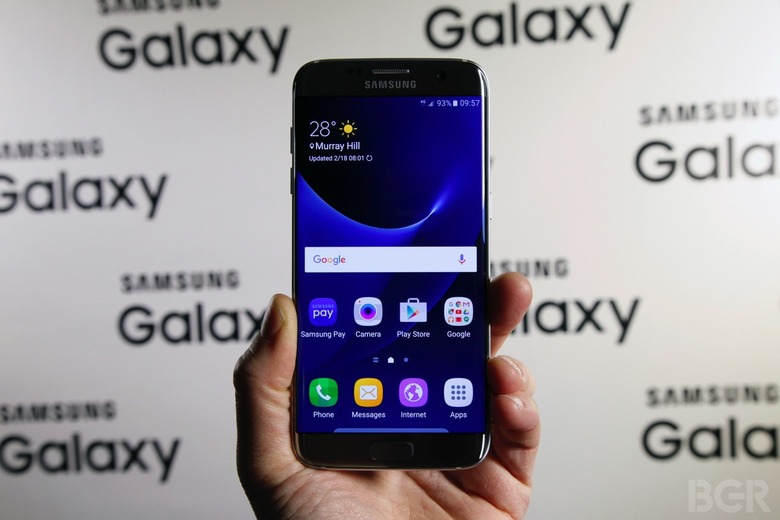Real-World Performance Test Proves U.S. Version Of Galaxy S7 Is Slower
Samsung's chip fab division manufactures both Qualcomm's Snapdragon 820 processor as well as Samsung's own Exynos 8890 chipset. Of course, it only designed one of those two chips, and it appears as though the company did a far better job of optimizing its own silicon for the new Galaxy S7 and Galaxy S7 edge than the chip from its San Diego, California-based partner.
A new real-world performance tests conducted recently shows yet again that Samsung's international Galaxy S7 and S7 edge models outperform their U.S. counterparts, which are powered by Qualcomm's latest Snapdragon chip.
UP NEXT: Oh good, another theory on what's going to kill the iPhone
Samsung designed its latest Exynos processor to support LTE and GSM networks, but not CDMA networks like Verizon Wireless and Sprint. Instead, it partnered with Qualcomm to use the new Snapdragon 820 chipset in the U.S. versions of its new phones, because it supports CDMA networks as well as LTE and GSM. While it was believed that performance would be comparable between the different models, that hasn't turned out to be the case.
Last week we posted two videos where users compared the performance of the U.S. Galaxy S7 with the global model. The videos were filmed by independent sources but they both showed the same thing: the Exynos version of the Galaxy S7 outperforms the Snapdragon version. Compounding matters, the U.S. version of Samsung's new flagship phone was found to have worse battery life as well.
Moving back to speed, a new real-world performance test conducted by YouTube user "PhoneBuff" provides the most damning evidence yet that the U.S. and global versions of Samsung's new phones are not equals. In fact, the results of the test weren't even close.
The full video is embedded below.
